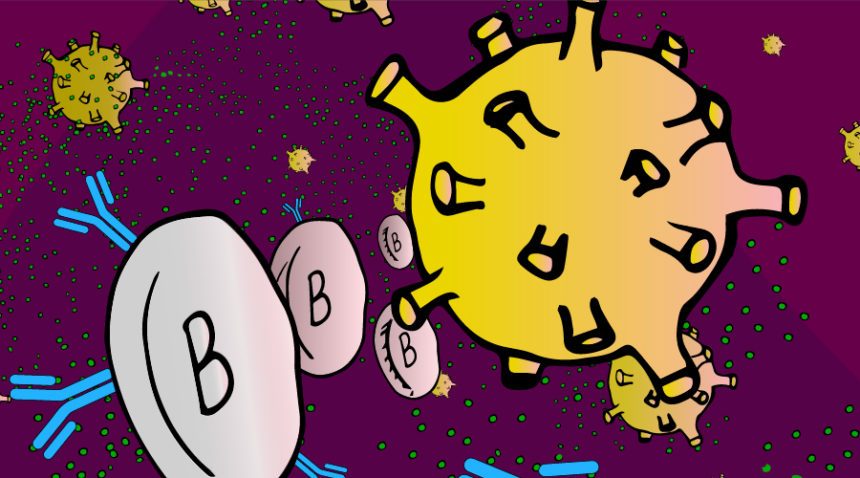What Are Allergies and Why Do They Make You Feel So Bad?

There’s pollen on the breeze. Suddenly your eyes begin to itch, and you have trouble breathing through your nose. It’s your allergies acting up again, and they seem to give you problems every year. But what’s going on inside your body when you have an allergy?
Turns out it’s all a big misunderstanding.
Allergies occur when the immune system misidentifies typically harmless allergens as invading foreign substances and tries to fight them off. The sneezing, congestion and hives you experience is your own body’s immune system battling what it perceives as a danger.
“Allergens are mostly innocuous,” says Millie Kwan, MD, PhD, an allergist with the UNC Allergy and Immunology Clinic. “But when someone who is susceptible to developing allergies encounters an allergen like pollen, for example, their immune system triggers a response to fight the perceived danger.”
Here’s what happens during an allergic reaction:
- Exposure to an allergen prompts white blood cells, called T and B cells, to spring into action. B cells are responsible for the immune system’s adaptive antibody response, so they play a critical role in our health. But sometimes, they overreact and identify substances, like tree pollen, as a threat. Then they produce antibodies to fight that allergen.
- These antibodies, known as immunoglobulin E (IgE), bind to another kind of white blood cell, called a mast cell. When you encounter an allergen, the antibodies signal to the mast cells that it’s time to fight.
- The mast cells release histamine and other inflammatory molecules to battle what the body perceives as a danger. Histamine causes small blood vessels, known as capillaries, to become leaky. This makes the blood vessels more permeable, causes tissue to swell, and allows more of the white cell troops to join the battle. Making matters worse, as the mast cells release these inflammatory molecules, they are also signaling the rest of the immune system to mobilize against the threat.
“That’s how you get the typical allergic response,” Kwan says. “Your immune system is trying to tell your nose to sneeze to get rid of the pollen, and your eyes to water because pollen particles are landing there. Your nose is producing a large amount of mucus to get what it perceives as foreign substances out of your body—in essence, that’s the body’s goal during an allergic response.”
If you experience seasonal allergies, talk to your doctor about the best treatment for you.
